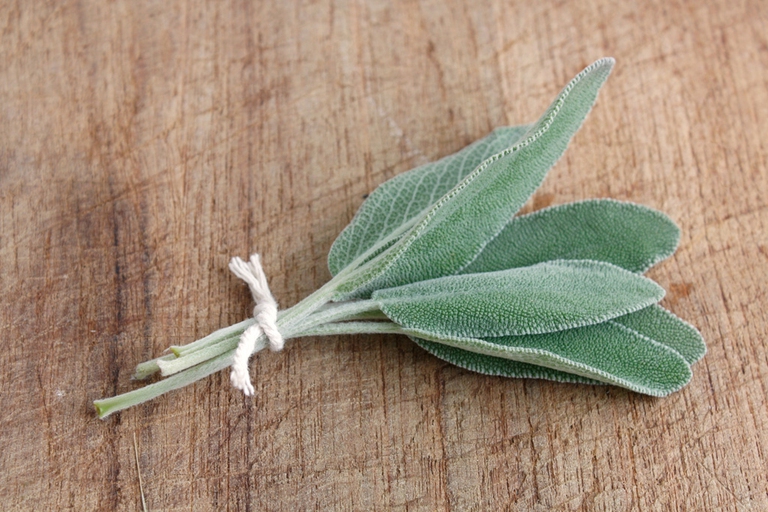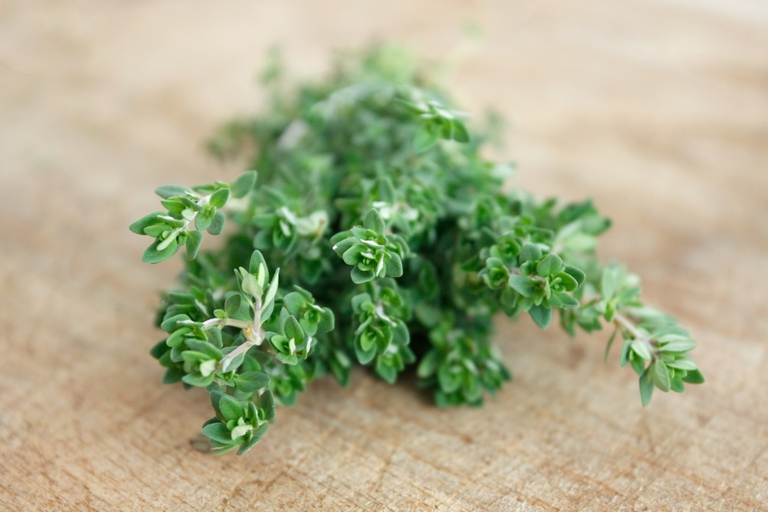
Kalongo Hospital in Uganda is on high alert. Medics are facing the pandemic amid an already precarious healthcare situation, in a country with only 55 intensive care beds.
Spring has finally come, and our gardens and balconies become full of scented aromatic herbs, which are good for cooking, and to be used as natural remedies for our health. Sage The name comes from the Latin word “salvare” (to save, heal), and refers to the numerous curative properties of this plant. The ancient
Spring has finally come, and our gardens and balconies become full of scented aromatic herbs, which are good for cooking, and to be used as natural remedies for our health.
Sage
The name comes from the Latin word “salvare” (to save, heal), and refers to the numerous curative properties of this plant. The ancient Egyptians used it as a remedy against female infertility, whilst the Greek Dioscorides and Hippocrates advised their use for lesions. Sage’s leaves, from which infusions and tisanes can be obtained, have anti-inflammatory, antiseptic, and antibacterial properties.

Rosemary
This plant, which spontaneously grows along the Mediterranean coasts, is one of the herbs that are mostly cultivated in small pots. In the ancient times it was used to alleviate stomach disorders, as well as to purify the air in temples, where it was burnt, before the use of incense. Rosemary is also used in the form of essential oil, as bactericide and carminative. It lowers cholesterol levels, and it can fight type 2 diabetes in the same way of medicines, according to a recent study of the Department of Nutrition Sciences of the University of Illinois on rosemary and oregano.
Basil
The name recalls regality: in fact, the Latin Pliny and Horace cite it for its regal scent. Basil has Indian and African origins, and it was brought to more temperate areas of Europe, where its leaves are widely used, mostly during summer. In the form of essential oil, it stimulates appetite and digestion, and if used on skin it alleviates the itch of insects bites.

Thyme
Egyptians used thyme for the embalming, and Etruscans cultivated it for its varied properties. Its name comes from the Greek word thymos (soul, vital principle). As infuse or tisane, it is widely used to heal respiratory infections, cough, asthma, and bronchitis. It has an antiviral action, but in case of hypertension is better to avoid it.
Siamo anche su WhatsApp. Segui il canale ufficiale LifeGate per restare aggiornata, aggiornato sulle ultime notizie e sulle nostre attività.
![]()
Quest'opera è distribuita con Licenza Creative Commons Attribuzione - Non commerciale - Non opere derivate 4.0 Internazionale.
Kalongo Hospital in Uganda is on high alert. Medics are facing the pandemic amid an already precarious healthcare situation, in a country with only 55 intensive care beds.
Indigenous peoples in the isolated region are suffering from poor access to health, with several cities becoming hotspots of coronavirus in the Amazon. Indigenous leaders, health experts and NGOs are calling for international help.
The government believes it’s on the right track to addressing the coronavirus in Bangladesh. But millions don’t have enough food and as most hospitals refuse patients with a fever and cough, the poor are dying.
The coronavirus in Africa could completely overwhelm healthcare systems neglected for years. Yet Zambia has refrained from imposing the type of far-reaching lockdown seen in nations such as South Africa.
The city of Guayaquil in Ecuador has become the coronavirus epicentre in Latin America, offering a dire warning of what could happen throughout the region. People are dying so fast that bodies are left in their homes, or in the streets, for days.
These days her phone hasn’t stopped ringing but Ilaria Capua continues sharing her knowledge to spread information about the novel coronavirus. In this interview she highlights the importance of sustainability.
The consequences of the novel coronavirus or Covid-19: what are the symptoms, what the death toll is, whether there’re a cure, how China has been affected. And why it’s been labelled an emergency also in economic terms.
Natural remedies can be very helpful when it comes to not feeling cold in winter: here are some ways to keep the body warm, at home and outdoors, including what to eat to increase body heat.
The kambo medicine uses the secretion of the green tree frog. We speak to Tanja Lucev, who organises kambo retreats in Guatemala, about the benefits of the traditional shamanic experience.







